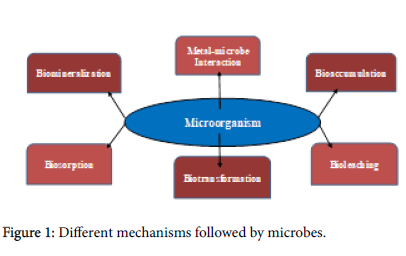
 1
1









At my age, Happy Hour is a nap.
 1
1






 1
1




Weeds are just plants with enough surplus will to live to withstand normal levels of gardening!--Alexandra Petri
 1
1




 2
2





"The rule of no realm is mine. But all worthy things that are in peril as the world now stands, these are my care. And for my part, I shall not wholly fail in my task if anything that passes through this night can still grow fairer or bear fruit and flower again in days to come. For I too am a steward. Did you not know?" Gandolf
 1
1




Visit Redhawk's soil series: https://permies.com/wiki/redhawk-soil
How permies.com works: https://permies.com/wiki/34193/permies-works-links-threads




And he said, "I want to live as an honest man, to get all I deserve, and to give all I can, and to love a young woman whom I don't understand. Your Highness, your ways are very strange."




"The rule of no realm is mine. But all worthy things that are in peril as the world now stands, these are my care. And for my part, I shall not wholly fail in my task if anything that passes through this night can still grow fairer or bear fruit and flower again in days to come. For I too am a steward. Did you not know?" Gandolf
 1
1





 1
1




My farm and garden: https://trello.com/b/GqBLwdNh
My tacky designs on merch: https://www.redbubble.com/people/oldmobie/shop?asc=u&ref=account-nav-dropdown
 3
3





|
I'm doing laundry! Look how clean this tiny ad is:
12 DVDs bundle
https://permies.com/wiki/269050/DVDs-bundle
|




